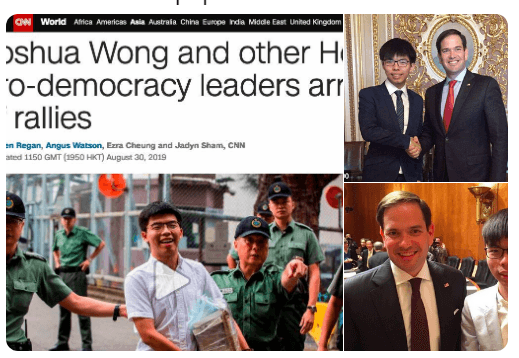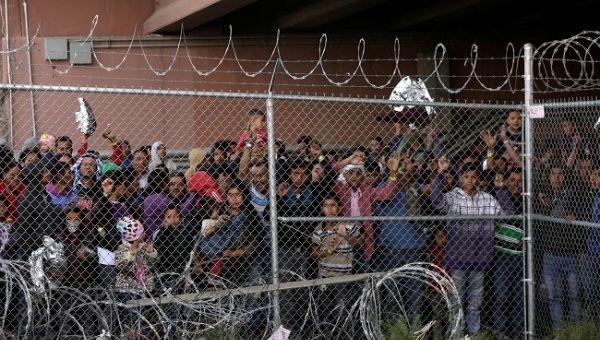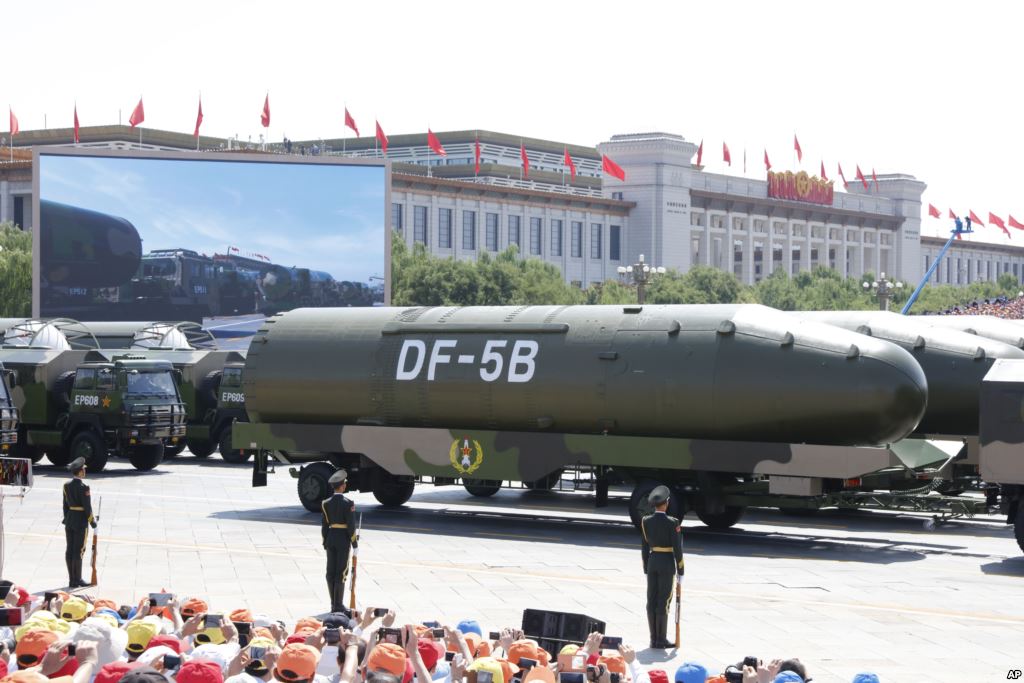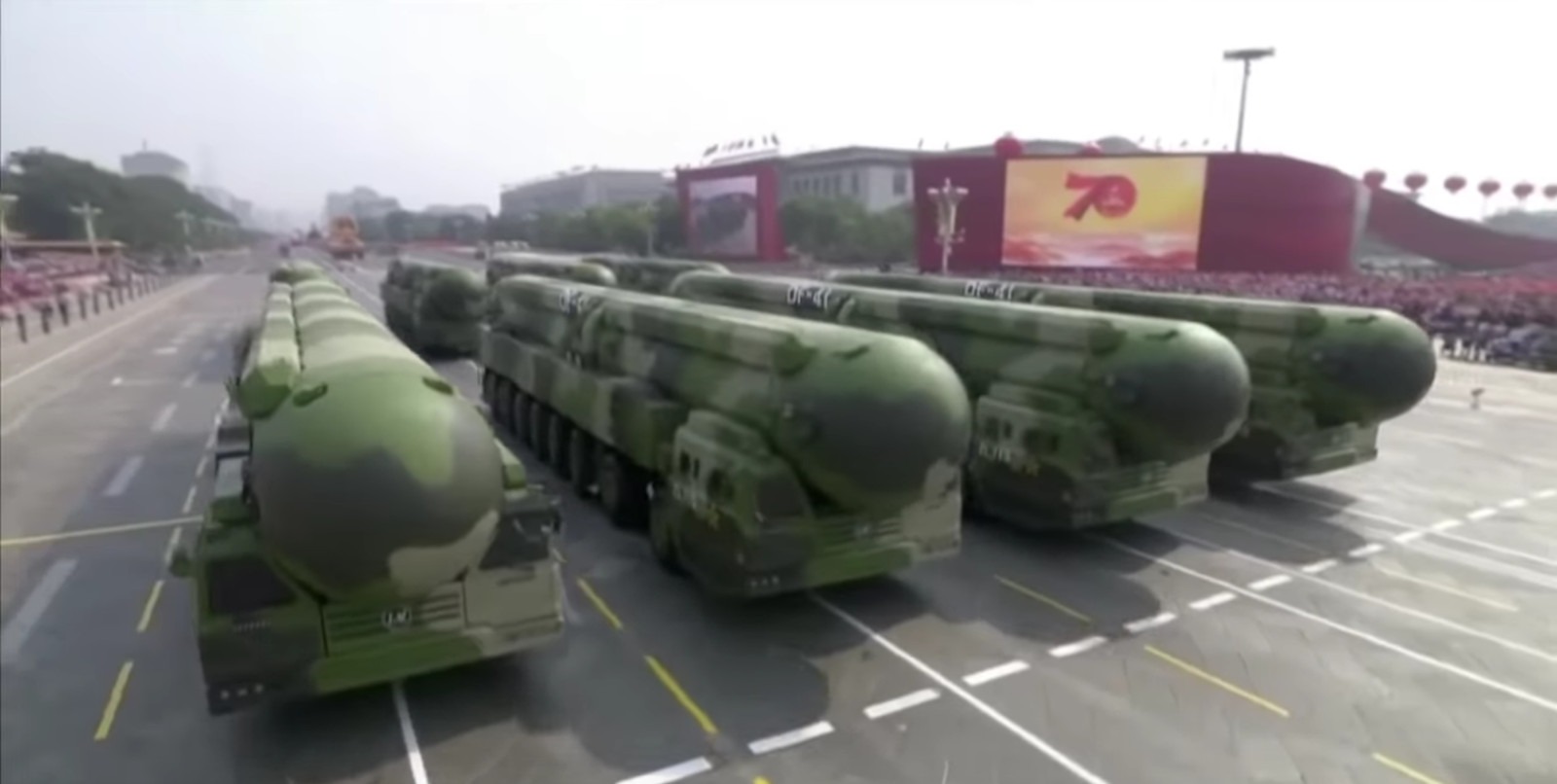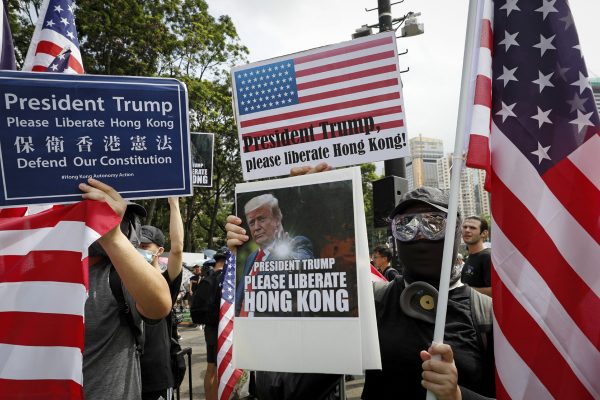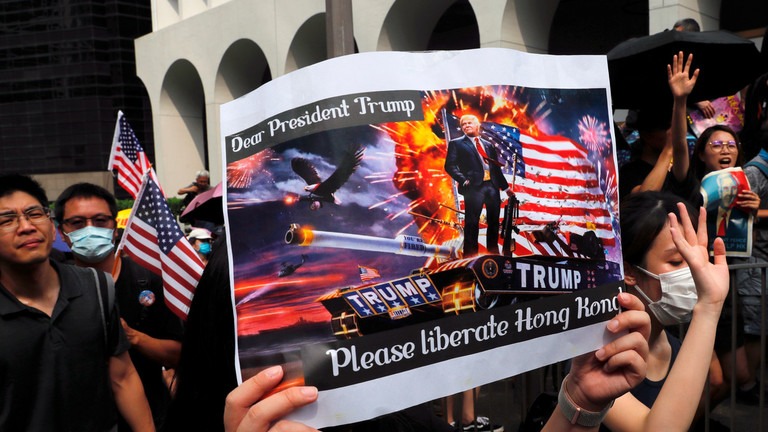 The truth is Ukraine is exactly where it should be according to 100 years of Ukrainian nationalist politics and history. If anything, it’s a little too democratic for the Ukrainian political identity. The following links show the buildup of history and Ukrainian politics behind the election and what it means for Ukraine: Why 2019 Ukraine Imports Terrorists and Exports Terror 1933-1991, Why 2019 Ukraine Imports Terrorists and Exports Terror 1992-2019, Ukraine’s Ecocide in Donbass, 1991 to post-Maidan 2019, The Rise of Ukraine’s Ultra-Nationalist Christian Church.
The truth is Ukraine is exactly where it should be according to 100 years of Ukrainian nationalist politics and history. If anything, it’s a little too democratic for the Ukrainian political identity. The following links show the buildup of history and Ukrainian politics behind the election and what it means for Ukraine: Why 2019 Ukraine Imports Terrorists and Exports Terror 1933-1991, Why 2019 Ukraine Imports Terrorists and Exports Terror 1992-2019, Ukraine’s Ecocide in Donbass, 1991 to post-Maidan 2019, The Rise of Ukraine’s Ultra-Nationalist Christian Church.
It’s important to contextualize what this election means. Ukraine is starting to reject the usurpation of government called the revolution of dignity by and for Ukrainian nationalists.
Ukraine is rejecting integral nationalism. Ukraine is rejecting national chauvinism. Ukraine is rejecting Stepan Bandera and all the deviant political bastard parties and policies that sycophant spawned when his followers took over the entire government in 2014.
Editor's Note It is necessary to ask, why these elections at all? The Ukraine elections were held for a variety of bizarre and contradictory reasons, none of which had much to do with the true democratic spirit. For one thing, having created a lawless, utterly corrupt zombie state awash with Nazis, both Washington and the EU needed some camouflage to justify their continued meddling in Ukraine, Washington primarily to use the nation as a tool to project military power against Russia and to facilitate other possible hostile measures. Hence the green light for a classical "Demonstration Election", exercises concocted to show their home publics they are investing in a "democracy". For their part, many Ukrainians fed up with the rightwing regime established by Washington and its puppet Poroshenko, saw that kind of circus as a chance to inject a measure of remedial control over their country. That's why this election is simply pathetic, a laughable simulacrum of the real thing, which, in any case, has almost vanished from the world, especially within the sphere dominated by the US. Still, this election is not that different from many the empire has endorsed and even promoted in the past, for similar internal propaganda reasons. As they say of the dog in the circus act, "the feat is not so great because the dog walks so well, but because he walks at all." —PG
Are the nationalists still referring to Zelenskiy as a comedian? Laugh clown, laugh! What freshly minted President Volodymyr Zelenskiy showed five years after the 2014 Ukrainian coup is easy enough for Pravy Sektor members to understand.
Now before you accuse me of being nostalgic of that other not so distant corrupt regime, look at the data John McCain’s International Republican Institute put forward in December 2018, when Ukrainians were sure former President Victor Yanukovych was shooting at protesters (it turned out to be Pravy Sektor and his hired guns), Ukrainians were still happier with Yanukovych than they are after five years of President Petro Poroshenko and pervasive nationalism!

They were happy coasting along aimlessly with Yanukovych outside the Eurozone while being pickpocketed by the same nationalist leaders ruling over them today. As long as those leaders’ brand of politics was held in check by the guy they overthrew in 2014, it was peaceful. If you look at the chart above published by the International Republican Institute (INI), the real numbers for Maidan support can finally be sorted out. On a consistent level, Ukrainian nationalists only have the support of 13-16% of the population at best.
Can you imagine how embarrassing this must be for Kurt Volker? Volker the American diplomat and U.S. Special Representative for Ukraine who worked tirelessly to install the new regime. Let me restate this. Hey Kurt! Ukrainians were happier with their leadership and the direction the country was headed in two days before they overthrew Yanukovych.
Put another way, at the most popular point in their recent history Ukrainian nationalists garnered only 34% of their support from Ukrainians. At that same moment, 48% of Ukraine wanted to slam on the brakes and change the direction away from the nationalism. When the 2014 coup was ending, the new leadership was cleansing Ukraine’s parliament, referred to colloquially as the Rada, of opposition with only 18% support from everyday Ukrainians.
With that said, it would be crazy to say I support this new stab at an old nationalism as having any more validity than Poroshenko’s Banderist following. Zelinskiy is a throwback to the Yanukovych days. Having Ukrainian billionaire oligarch Ihor Kolomoisky behind him makes it clear that Ukraine is going back to a model of corruption as usual that spreads the wealth in a different direction.
This means the absolute best case scenario is Ukrainians don’t get fleeced as much. President Zelenskiy takes steps to build the Ukrainian economy in a sustainable way. Ukraine honors its obligations by renewing the social safety net. Ukraine gets rid of foreigners in ministry positions and puts people that care about its citizens in charge of ministries that directly affect them. Ukraine takes steps to fulfill the Minsk Agreement. Zelinskiy makes an effort at talking to his former countrymen in LDNR. This is the best case scenario which is too much for the Ukrainians to hope for.
After Poroshenko did so poorly in the first round of the election, the nationalists started coming out of the woodwork and threatening Ukraine’s stability because they knew Ukraine was rejecting their brand of beat down politics.
The IRI survey above divides the country into political lines. The margin of people who want to change the direction Ukraine is going in shows the population that voted for Zelenskiy.
By all measures, the only real success stories in Ukraine surround Poroshenko and the nationalists that took over the Rada. Poroshenko’s income is estimated to have grown 10,000% since taking over the leadership of Ukraine. He did this in a country where the average wage is a little over $300 per month. The IMF has rated Ukraine as the poorest country in Europe. And thanks to the post-Maidan efforts, it will remain that way for a long time to come.
There’s an old saying in politics. Pigs eat. Hogs get slaughtered.

The fact the AP, like the rest of the major news agencies, seems to be lining up behind Poroshenko's challenger may be a sign that the US government is subtly shifting its backing to another horse to better control the Ukraine? The caption for this image reads: In this photo taken on Monday, April 15, 2019, a man sits in an empty tram in Kryvyi Rih, eastern Ukraine. Residents of the industrial city complain about a low standard of living and soaring utilities bills. Many in the city support Volodymyr Zelenskiy, an actor and comedian from the city, in the runoff election on Sunday, April 21, against President Petro Poroshenko. (AP Photo/Evgeniy Maloletka)
I asked Dmitry Polanskiy (DP), the Russian Federation’s First Deputy Permanent Representative to the UN about his country’s position on the election.
GE | While Ukraine is deciding whether the elections are legal or not, is the presidential election legitimate if Ukraine bans a possible voting group as large as 10 million because they are outside Ukraine’s borders? Can Ukraine ban willing voters in Crimea or Donbass from voting and still claim to represent those regions? Because the grouping of banned voters includes LNR and DNR, is Ukraine in violation of any Minsk provisions?
DP | I don’t think that UA laws forbid this. Though of course, this undervalues the credibility of the results. Most of these voters would have most likely voted against the current authorities.
I could just add that the only chance for peace in Ukraine is to speak to the Russian-speaking population, listen to their needs, and not to impose Ukrainization and false or distorted versions of history. This is with or without Donbass. Building Ukraine as “Anti-Russia” has no chance to succeed. And that is what the new president should understand.
I asked Polanskiy these questions well ahead of the election to cover the question of Ukraine restricting areas where its citizens’ vote actually mattered. The next question which includes Ukraine’s “Croatian scenario” as a means to deal with LDNR in Donbass is vitally important once you understand the context.
Nationalists threaten to “clean up” Donbass
During the Balkan war in the 1990s, Croatia spent 3 years building up troops and equipment against Serbian positions in an effort which was called Operation Storm. They took 18% of the Serbian-held land in a matter of six days.
Atrocities were so common it became just a matter of course. All of the European powers winked at it at the time. Over 200,000 people were forcefully evicted and afterward, the Croatian generals involved were tried for war crimes. Operation Storm was subsequently condemned by the European Union.
This is an idea Ukraine has been bringing up for the last three years in conjunction with peacekeepers. The idea was used in Kosovo to the degree that after a NATO bombing run, the Kosovo Liberation Army (KLA), considered a terrorist group, would go enter an area following a bombing run and commit genocide against the remaining Serbians.
Ukrainian militia leader turned lawmaker Andrey Teteruk, Commander of the Myrotvorets (Peacemaker) is uniquely familiar with the tactics carried out in Kosovo.
Myrotvorets (Peacemaker battalion) is one of Ukraine’s many “punisher battalions” which operate against separatists in the Donbass region. In Teteruk’s own words “Peacemaker” is a police battalion. “Our task is to restore order in liberated settlements, clean from criminals, weapons. We did a good job in Dzerzhinsk; performed police functions, investigated, who supported separatists in the city.”
I’m against solving problems by using weapons. With all that I’m a military man, run a military unit, but I was in Kosovo and saw the conflicts that were solved with weapons, it led to the fact that entire villages were cut out, from the oldest to the youngest. The war makes dirty both sides.”
In Kosovo, Teteruk got a good taste for this kind of action. Police battalions like his go behind the army and clean up all the undesirables. Ukraine has been doing this since the beginning in Donbass.
I asked Ambassador Polanskiy about the prospect of sending peacekeepers to Donbass in order to assure a Kosovo-style cleansing wouldn’t reoccur in the region.
GE | With the new Ukrainian presidency could Ukraine expect to get away with their own Operation Storm in Donbass since Poroshenko has been in preparation for 3 years? Under what conditions would peacekeepers be acceptable? I then asked him at what scale of atrocity would the Russian Federation be forced to respond?
DP | Russia tabled a draft UNSC resolution on a peacekeeping mission in Donbass in September 2017. Its main aim is to support the implementation of Minsk agreement by the provision of peacekeeper’s support to OSCE SMM in Donbass. In our understanding, this is the only way to proceed. The mandate of the mission can be reviewed subsequently to move to further CONSEQUENTIAL stages of Minsk agreements. Ukraine wants to immediately gain border control, which is paragraph 9 of 13. Step by step we will get there, but we start with paragraph 1 – disengagement.
If there are attempts to realize “Croatian scenario” as you put it it would be a fatal blow to the EU credibility. No one will allow this, including Russia. As to Donbass republics – RF doesn’t need to intervene and didn’t have to do so before – they are capable of defending themselves. If Ukrainians want to test this again – they will receive a well-deserved response.
The one thing UN Representative Polanskiy is constant about has been Russia’s commitment to working with Ukraine as it sorts through the fallout of the 2014 coup. From the time the nationalists figured prominently in the protests, the shout-“Moskal on the knives” was directed at Donbass and Crimea.
Under Poroshenko, Ukraine ignored the Minsk Agreements that it is a signatory to. If Ukraine honored its obligations, the problems including the civil war in Donbass, the secession of Crimea, and growing unrest across the country would likely have already have been remedied.
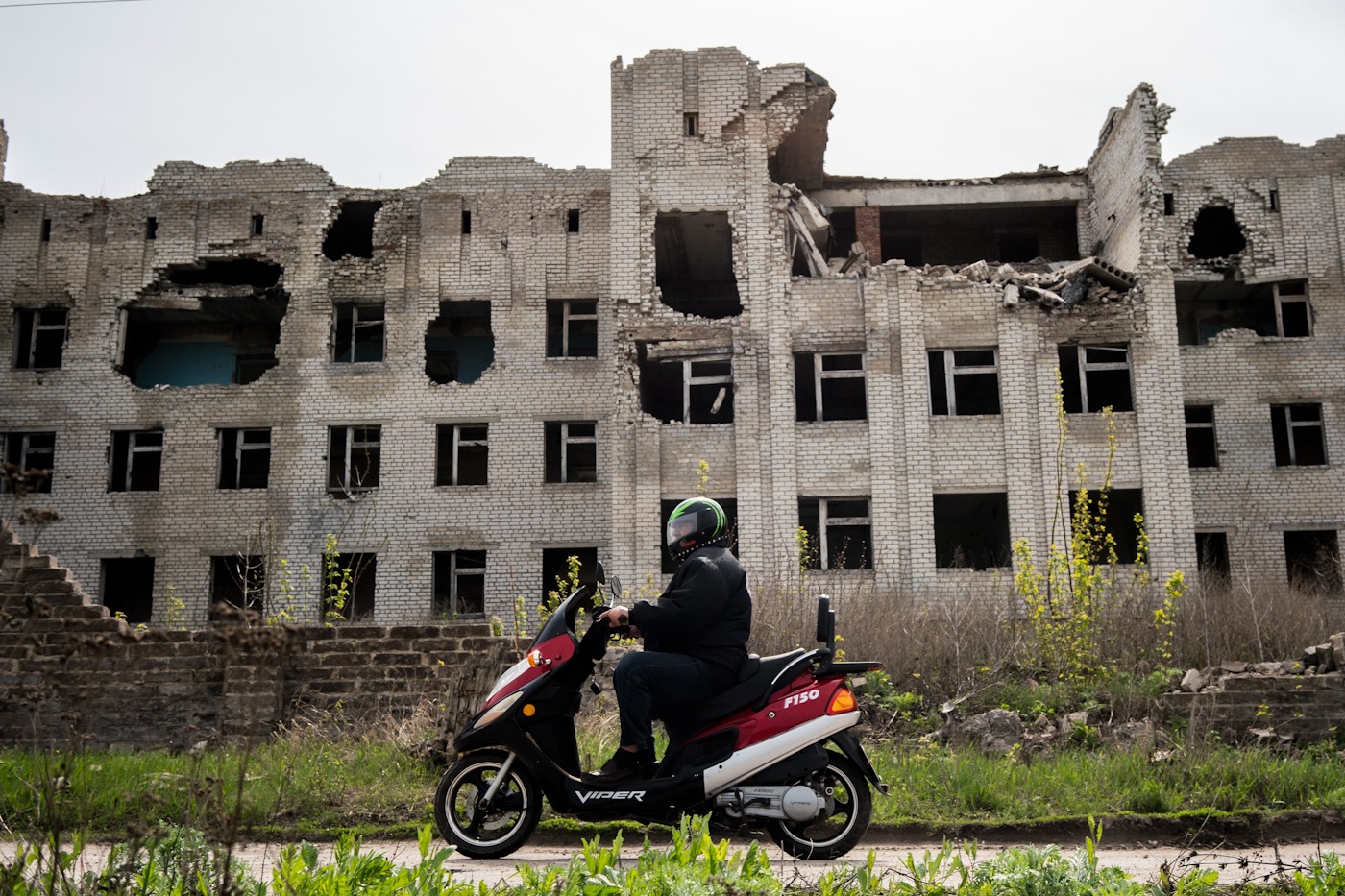
The ravages of war in the newly minted donbass republics are everywhere, but hardly 1 in 100,000 Americans ever heard of it, courtesy of US totalitarian media control. The caption reads: A [biker] rides his motorbike near a destroyed hospital in Slovyansk, Donetsk region. (AP Photo/Evgeniy Maloletka)
Deputy Foreign Minister of the Lugansk Peoples Republic, Anna Soroka (AS), emphasizes the futility of the fight Ukraine brought to its eastern border. She remembers well what the values were for over 20 years in Ukraine, and she chose a career in law enforcement because of them.
I asked Deputy Foreign Minister Soroka about her thoughts on Ukraine’s recent presidential elections.
GE | Given the fact that so many Ukrainians cannot vote, do you consider the elections legitimate?
AS | The Constitution of Ukraine is considered one of the most democratic and socially oriented in the world. The fundamental Law of Ukraine is very similar to the Constitution of France. Since 1991, we are all accustomed to consider our state to be legal, focused on the protection of the rights and freedoms of man and citizen. As a cadet at the police academy, I was taught to honor human rights in the Ukrainian state as the highest value. However, what has been happening in Ukraine for the last five years clearly shows us the decline of the legal culture, general nihilism, the highest level of corruption and the nationalist dictatorship. Ukrainian society is really divided into acceptable and undesirable, into those who are comfortable and into those who are inconvenient in the implementation of goals and objectives set by Western curators. Residents of Eastern Ukraine are objectionable, inconvenient, “subhuman”, who absolutely do not need any rights. Especially selective, which have a chance to influence the political situation in the country. For me, these bloody elections, mixed with the pain and suffering of the population of Donbass, are unacceptable.
GE | Will Ukraine take Minsk negotiations more serious after the 2019 election?
AS | It all depends on what the election results will be. But I don’t have to wait for a miracle, I think the party of war (those who benefit from the war) will win them by corruption and the process of disintegration of the Ukrainian state will continue. Minsk will remain a platform covering the internal political competition mud.
For Ukraine, Minsk is both a loss and a chance to win. It all depends on which path will be chosen as the winner in the presidential election.
GE | Do you foresee any changes in the direction of Kiev after the elections? Will they talk to LNR directly?
AS | Taking into account the rhetoric that flows from the screens of the Ukrainian media space, none of the possible winners in the elections will speak directly to us. Unfortunately, the decision of the Donbass conflict is independent of its visible participants. Everything is much deeper and more problematic.
Negotiated decisions will depend on the multi-level geopolitical outcome of the confrontation between the United States and the Russian Federation in the struggle for a bipolar world alignment. It should be remembered that the problem of responsibility for violation of the principles of international law (Ukraine) over the past 25 years is part of this. The very essence of international life is now torn apart, weary of injustice, inequality, outrage, and devaluation of life itself.
The OSCE election monitoring mission made it clear that Ukraine has every resource available to carry out fair democratic elections. The Ukrainians stubbornly refuse to avail themselves and make it clear they have no interest in democracy. Ukraine’s experience with Democracy (with a big D) consists of a brush with general concepts and holding out their hand for social welfare payments to cover reforms they never get around to.
According to the Organization for Security and Co-operation in Europe (OSCE) and PACE:
Sunday’s presidential election in Ukraine was competitive, voters had a broad choice and turned out in large numbers. While the existing legal framework offers a sound basis for holding democratic elections, it was often not implemented in good faith by many stakeholders in the run-up to election day. This negatively impacted trust in the election administration, the enforcement of campaign finance rules, and the effective resolution of election disputes, the international observers concluded in a preliminary statement released today.”
The groups went on to say that “Numerous indications of vote-buying and the misuse of state resources undermined the credibility of the process.” and that Ukraine’s media landscape is “diverse, but campaign coverage lacked in-depth analysis and was often biased.”
Repression of a free press
In Ukraine, there is no freedom of the press. It’s enshrined in the Ukrainian constitution but doesn’t exist in practical terms. In fact, in its review of Ukraine’s media landscape carried out as part of an International election observation mission, the OSCE reached some troubling conclusions:
- The constitution guarantees freedom of expression and prohibits censorship, and the legal framework provides for general media freedom. Yet, to counter threats to national security, the government has introduced a number of restrictive measures affecting the activities of the media and journalists. The media market is diverse but largely divided along political lines. The business and political interests of the owners affect the autonomy of private media outlets and the general trust in them. Journalists’ safety remains a major concern. The public broadcaster UA:PBC is severely underfunded, which affects its ability to fully perform its public-service role. The media regulatory authority does not have any effective sanctioning powers or mechanisms to enforce legal provisions and to exercise its mandate in a timely manner.
- ODIHR EOM media monitoring shows that provisions for balanced and unbiased coverage of the campaign and candidates were frequently violated by the monitored private TV channels.
- Since 2017, presidential decrees have imposed economic sanctions against a number of television channels, social networks and search engines from the Russian Federation. In addition, around 200 websites considered to be anti-Ukrainian have been blocked by the authorities, with legislative proposals for further restrictions pending.64 On the same grounds, foreign journalists face temporary bans on entering Ukraine if violations of procedures for entry and exit from occupied territories are suspected. On 4 October 2018, parliament requested the National Security and Defense Council to sanction two national television channels, News One and 112 Ukraina, saying they were tools for spreading disinformation and Russian propaganda. During the election period, NCTRB sanctioned News One for hate speech and anti-Ukrainian reporting. On 21 February, an inspection of 112 Ukraina was initiated under similar accusations.
Ukraine’s former president Poroshenko’s practice of stifling dissent is compiled in its own section of the OSCE report. Journalists in Ukraine are threatened, jailed, or worse. Journalists inside and outside Ukraine are put listed on a website which for all intents and purposes amounts to a murder for hire list.
The website, called Myrotvorets or Peacekeeper, was started by Ukraine’s Information Ministry in 2015. It serves as a clearinghouse to showcase undesirables and has targeted people for assassination. As the OSCE points out in their report:
A high number of violations against journalists’ rights have been recorded by national and international human rights organizations. Journalists’ safety remains a major concern as they face the threat of violence and intimidation, especially during the electoral process. Although the law guarantees the protection of sources, a number of investigative journalists have been ordered by courts to provide access to their email and mobile phone correspondence. Additionally, the case of the disclosure of personal data of thousands of Ukrainian and foreign journalists by the nationalist website Myrotvorets, which labeled them as supporters of terrorist groups, remains unaddressed since 2014.
Independent journalist Eva Bartlett shone a light on this recurring plague in Ukraine when she interviewed jailed Ukrainian journalist Kirill Vyshinsky for a piece written for MintPress News. In it, Barlett asks Vyshinsky why he believes he was targeted by Ukrainian authorities. His response is telling:
My detention and arrest represent an attempt by the Ukrainian authorities to bolster the declining popularity of President [Petro] Poroshenko in this election year. How? First, my arrest was used to stoke another scandal involving a story about “terrible Russian propaganda.” restrictions were set for me, high-ranking Ukrainian politicians started talking about the need to swap me for a Ukrainian convicted in the Russian Federation. Swaps are a favorite PR topic of the current Ukrainian government, which, in the past five years, has been unable to accomplish anything to benefit the country’s economy, achieve peace in Ukraine, or resolve the civil conflict in Donbass. This government did nothing to improve the well-being and safety of its citizens, so it was looking for other ways to score electoral points. Anti-Russian hysteria and PR around a prisoner swap is one such way.”
Spoiler candidates and election farce
The OSCE didn’t just give poor marks to Ukrainian democracy as it regards to press freedom, the organization gave a scathing rebuke the fundamental democratic process in Ukraine. As the report notes: “The field of candidates offered voters a choice, but there was a lack of genuine political debate among the contestants. The large majority of the 39 candidates did not conduct any campaign activities, casting doubts on their intentions to genuinely compete in the election. Several candidates campaigned actively, holding campaign events around the country.”
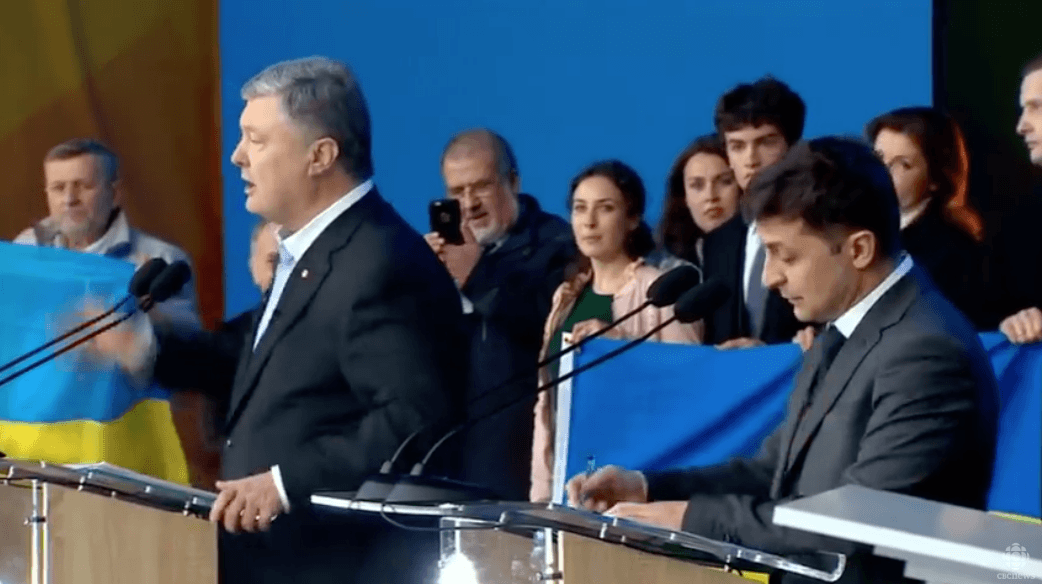
Poroshenko and Zelenkiy during debates at the Olimpic stadium in Kiev, April 19.
In Ukraine, it’s common for political candidates to back spoiler candidates that hopefully take votes away from the competition. Both Poroshenko and Tymoshenko had multiple positions covered vying to take votes from each other. The report goes further:
- ODIHR EOM media monitoring shows that provisions for balanced and unbiased coverage of the campaign and candidates were frequently violated by the monitored private TV channels. Overall, the campaign news coverage lacked in-depth analysis. Several journalists and hosts showed a clear bias in favour of certain candidates. The incumbent received broad coverage in news programmes, with no clear distinction between his institutional activities and political campaigning. Mr. Zelenskiy was barely covered in his political capacity while he featured extensively in his role as actor and comedian.
- Moreover, legal provisions for balanced and unbiased coverage were frequently violated by the monitored private TV channels. Overall, the campaign news coverage lacked in-depth analysis. Most candidates were reluctant to participate in televised debates. Several journalists and hosts showed a clear bias towards certain candidates through favourable invitees, partisan declarations, as well as voicing results of opinion polls that did not disclose the methodology as required by the election law
Although the official finished report tried to highlight the things Ukraine did right, it is painfully clear that the Ukranian establishment has no interest in having a representative government by elected officials.
While newly elected Ukrainian President Vladimir Zelinskiy has the option to disband the current government as there is currently no majority coalition in the Rada, it will present problems now if he does, and later if he doesn’t call for early parliamentary elections.
If Zelinskiy wants to work reforms, this option gives him a chance to pass legislation to implement reform. The problem is that the move will unseat many ultra-nationalists appointed by the former government and could cause tremendous internal friction in the country. If he awaits the October election, he may lose any momentum he has earned.
My prediction is Zelinskiy may start the process of reforming Ukraine’s government, but that process will be stalled almost right away because of the biggest elephant in the room – the Donbass.
As long as the civil war drags on, the money and the will won’t be there to make any changes for the better in Ukraine. Zelinskiy already signaled he has no desire to speak with the former East Ukrainian regions. What this means for Ukrainians is that their economy and their social safety net will sink further into the mud while reforms make great strides next door in LDNR.
This is the difference between the election process in the Lugansk People’s Republic (LNR), DNR, and Ukraine.
Ukraine called the November 2018 elections in LDNR illegitimate even though turnout was over 70%. All the safeguards for the election were monitored and very few violations were noted. The elections were fair.
Despite all the election violations noted in the reports, leaders in Europe and the U.S. consider the election in Ukraine legitimate. Will this lower the bar too far for elections in Europe?
Feature photo | Ukrainian comedian and presidential candidate Volodymyr Zelenskiy, left, is surrounded by journalists after voting at a polling station, during the presidential elections in Kiev, Ukraine, March. 31, 2019. Emilio Morenatti | AP
The views expressed in this article are the author’s own and do not necessarily reflect MintPress News editorial policy.
 ABOVE: China now has regiments of DF17s. Not just a few, but regiments.
ABOVE: China now has regiments of DF17s. Not just a few, but regiments. ABOVE: Webs of deceit. All of these organisations are members of the extensive global network of political manipulation utilised by the US and its allies in their hybrid war operations. The graph does not include NED, Human Rights Watch, Amnesty International and other US-controlled NGOs which also participate in these dishonest campaigns.
ABOVE: Webs of deceit. All of these organisations are members of the extensive global network of political manipulation utilised by the US and its allies in their hybrid war operations. The graph does not include NED, Human Rights Watch, Amnesty International and other US-controlled NGOs which also participate in these dishonest campaigns. 
 Keep truth and free speech alive by supporting this site.
Keep truth and free speech alive by supporting this site.
![]() The big social media —Google, Facebook, Instagram, Twitter—are trying to silence us.
The big social media —Google, Facebook, Instagram, Twitter—are trying to silence us.
